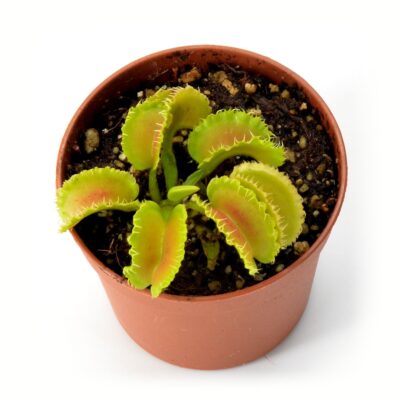Pinguicula primuliflora
8.00€ *Pinguicula primuliflora is an easy carnivorous plant from native to the southeastern United States. The typical variety forms a white flower in blooming. The name of the plant derives from the similarity in flower shape with the Primula flower.










































































